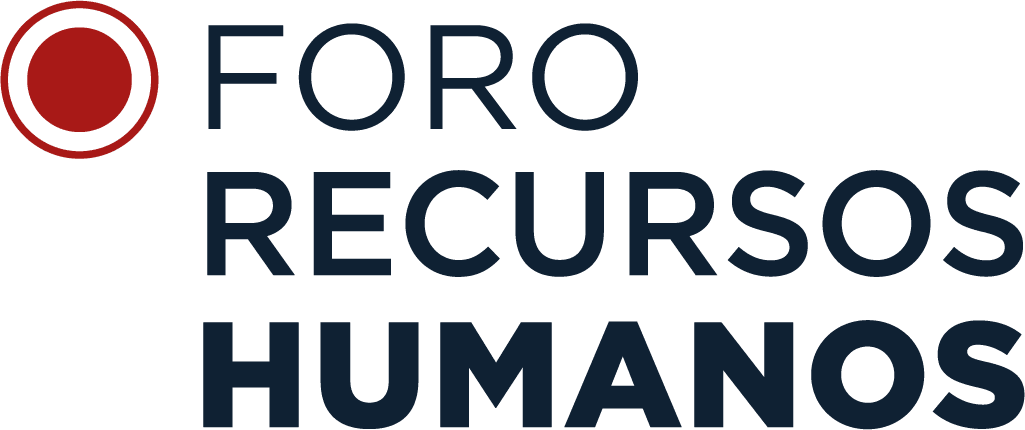According to BGRS’s 2016 Global Mobility Trends Survey poor candidate selection is one of the top reasons assignments fail. Historically, candidate selection has been conducted by the business unit or manager and based on factors such as an employee’s technical competency and job experience. The Global Mobility function is often brought into the process after selecting a candidate, at the point of deployment. Integrating assessments into the overall selection process can further critical business goals like talent retention and increasing performance results on assignment.
Candidate assessments can also help companies further develop their talent. Tools that assess cultural adaptability are the most commonly used assessments. They can be used by organizations to determine suitability for an international assignment and can also support employee’s development before, during and after the assignment.
There are a number of practices organizations can implement to begin using cultural assessment tools to assess, select and develop candidates more strategically.
- Creating a Candidate Pool — Cultural assessment tools can be used to create candidate pools when assessing high-potentials, either as new hires or in key business units. For example, companies looking to develop a pool of culturally competent international managers can use assessments to give them snapshots of employees’ cultural adaptability. Using a cultural adaptability tool allows companies to create a pool of potential candidates for future overseas assignments and identify specific skills to be developed for each of their high-potential new hires.
- Enabling self-selection — Knowing which employees are willing to take an international assignment is a critical foundational to building a candidate pool. If employees are interested in going on assignment, they can use cultural assessment tools to self-select for an international assignment. The results of the assessment will also highlight their strengths and areas of potential challenges when adapting to life and work in a new country. This can help employees decide if an international assignment might be a good fit for them. They can use the information to help create their personal development plans and to ultimately decide if they want to opt-in to potential candidate pools.
- Integrating training and development — If an individual is identified as tactically adept for a particular assignment, cultural assessment tools can help identify areas where they may need additional training. The results of the assessment can identify gaps in the employee’s cultural awareness and knowledge. To ensure they are successful on assignment, training can then be tailored to meet these needs prior to and during their assignment.
- Supporting short-term assignments — Short-term assignments are increasingly developmental; in nature, and the use of cultural assessment tools can give further depth to the employee’s development. For example, companies can integrate the use of a cultural assessment tool when sending employees on short term international assignments. For these employees, the instrument is used as an extra tool in the cross-cultural training program. Trainers are able to give employees guidance based on their assessment results which identify strengths and challenges within the context of the host country culture. The training also highlights and specific cultural skills that they could use and develop while on their short-term assignment.
- Developing future leaders — For organizations with strong succession planning programs and expectations for their senior leaders to have international experience, utilizing a cultural assessment tool will help ensure their leadership development programs have an added dimension, providing employees with feedback on global competencies and their effectiveness in the global business environment. The developmental feedback in these areas can then be integrated into their development plan for future career planning and development or can be readily available for the next international assignment.
- Implementing a formal selection process — When implementing a more formal selection process, it is important to consider the broader talent management perspective. As a best practice, the selection process should incorporate multiple types of assessment tools. This might include a cultural assessment, job or technical skills assessment, and personality type indicator. Incorporating these three different assessments will provide a holistic picture of their employees and a best practice foundation for selection.
There are various tools available to assess cultural adaptability. When looking for an assessment tool, global mobility leaders should consider the following questions:
- Is the tool’s methodology founded on credible research, and has it been statistically validated?
- Does the tool evaluate attributes or factors necessary for successful adaptation to new cultures and does it assess other factors that may contribute to assignment success?
- Is the assessment tool easy to use and access?
- Does it offer reports and results in a timely manner?
- Can the tool be integrated into existing candidate assessment and talent management programs that meet that organization’s needs?
- Is guidance provided for using and integrating the instrument into talent management strategies?
Expanding the use of candidate assessment can help the global mobility function further their overall organization’s objectives. Using tools for self-assessment, training and development, will develop stronger, well-rounded programs that contribute to strategic talent development goals.































